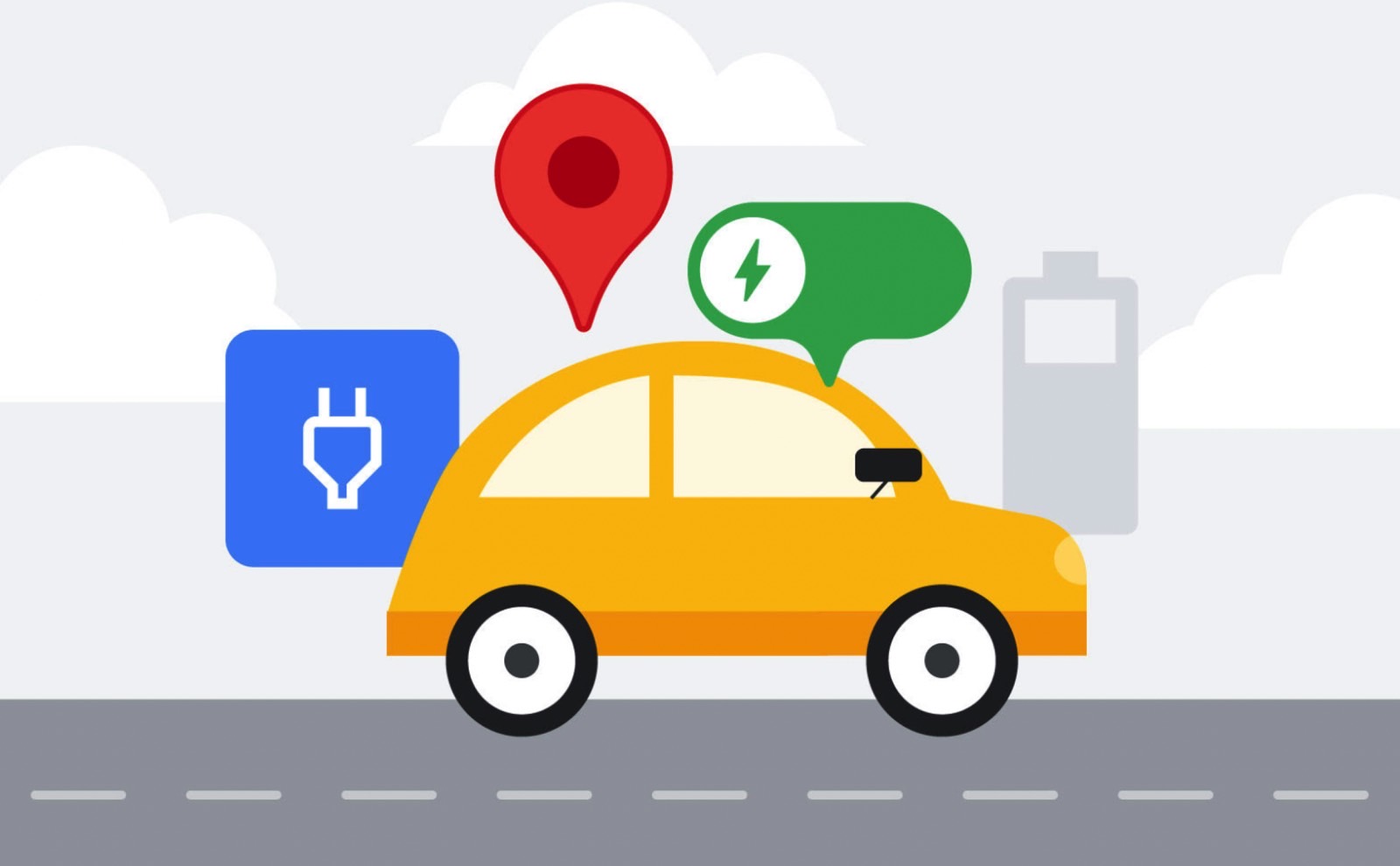If someone had told me a few years ago that Google could use dashcam video to improve Google Maps navigation, I’d have told them to cut and run, uninstall Google Maps from their phone, and look for a more private alternative. But it’s an entirely different story now.
Not only is Google much more cautious these days about user privacy in general, but Google Maps privacy has improved tremendously in recent years. Scrutiny over location tracking and other privacy issues that came to light in the past certainly helped to make Google Maps more private than ever. Google Maps location history isn’t even automatically sent to Google anymore.
What I’m trying to say is that Google can use dashcam video to improve Google Maps without it becoming a privacy nightmare. It’s a limited program for the time being, and it’s available only in certain markets. Best of all, there are clear privacy guardrails in place.
Discovered by Android Police, said guardrails are detailed in a new help document titled Collecting imagery from third-party providers (dash cam).
It’s not a feature that Google is ready to announce publicly, and we might never see it reach most Google Maps users. For now, Google is testing dashcam video in the UK, and it only uses video from two specific companies. One is Geopost, which handles various shipping solutions in Europe. The other is Nextbase, the UK’s leading dashcam company, according to the blog.
With Google’s Street View cars roaming the world all the time, you might wonder why Google would need to rely on dashcam video to improve the navigation experience. Well, Street View cars can’t be deployed to specific locations on a whim, but traffic changes occur all the time.
Dashcam video can inform Google about specific changes in certain areas so it can update Google Maps and Street View information accordingly. One example is speed limit changes that can impact traffic in a region temporarily or permanently. Dashcam video helps Google verify the information. The same goes for traffic sign updates that can also affect traffic.
These are the examples Google offers in the support document. But the the privacy protections built into this new feature are far more important.
Google collects silent video from dashcams from “trusted third-party companies” that use these cameras for daily operations. The users would agree to send the video for analysis at Google. In this instance, we’re probably looking at drivers of trucks and vans that ship goods to UK homes and between cities. They’d probably have to agree to dashcam video collection, even if Google Maps wasn’t part of the deal.
Google also notes that it will request images only for areas where it thinks Google Maps needs an update. If the partner has that information, it’ll provide videos covering that stretch of the road.
The company also explained how it’s analyzing the information in the video and what happens to the clip afterward:
To identify map-related details such as new speed limit signs, Google uses a combination of Artificial Intelligence (AI) and help from our operations team. We extract the info and update Google Maps before deleting the imagery.
Google also listed the privacy protections meant to safeguard the other people and cars that might appear in the clips, as follows:
We only license content from trusted sources.
All contributors are notified of the dash cam use, and consumers opt-in to sharing brief video clips to help update the map.
Both our partners and Google use cutting-edge technology to help blur personal info, such as identifiable faces and license plates.
Google does not publish the imagery.
We only request short clips from public roads, and only where map updates are needed.
The imagery is discarded shortly after use.
Given all this, I don’t see a way for Google to rely on regular Google Maps users to submit dashcam clips to improve navigation. But it wouldn’t be a privacy issue if it were to happen. I wouldn’t advise anyone to delete Google Maps from their phones and look for alternatives.
Also, this appears to be a pilot program. If it’s successful, Google could always expand it outside the UK, and employ similarly trusted partners to access dashcam video.

